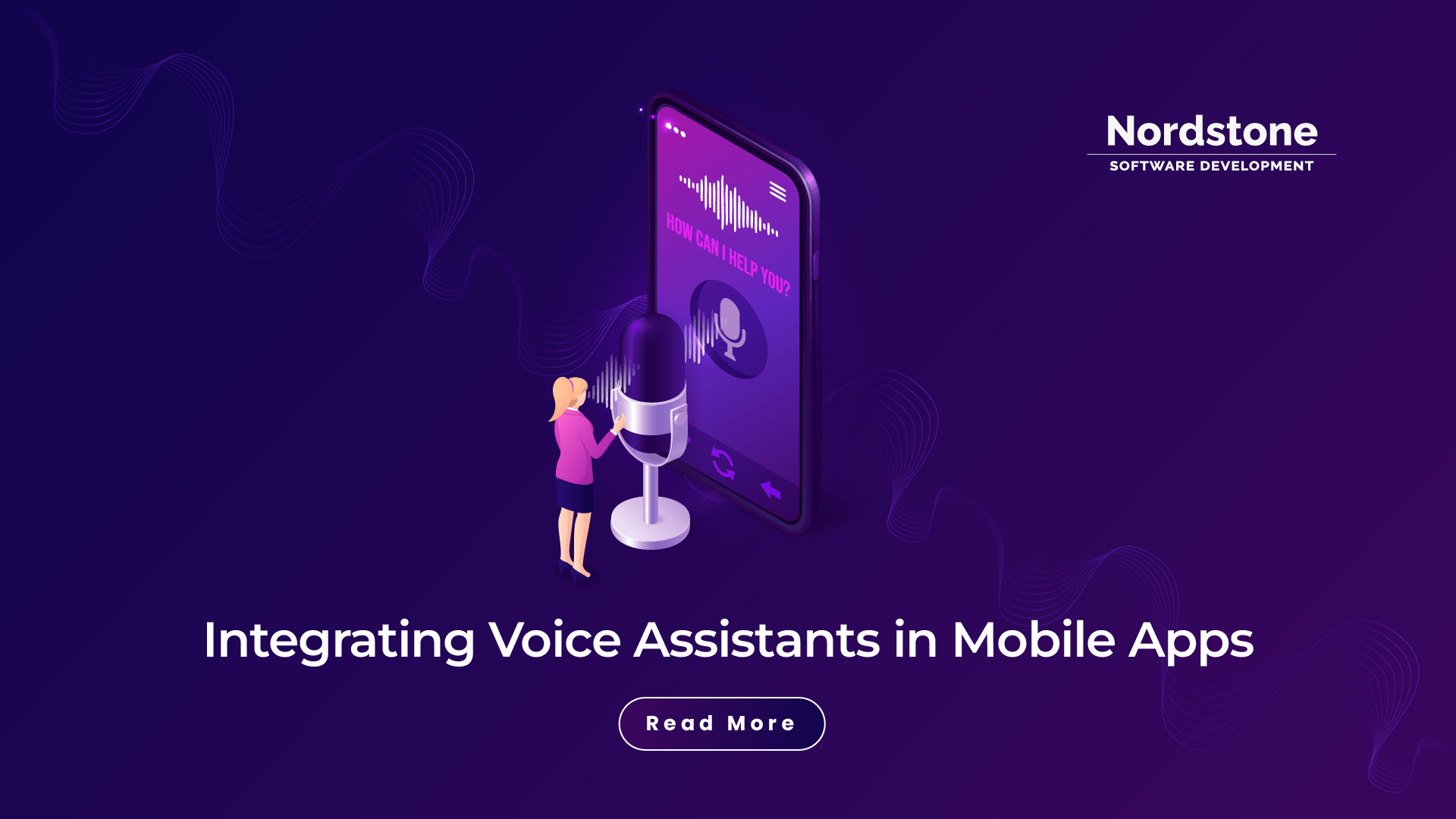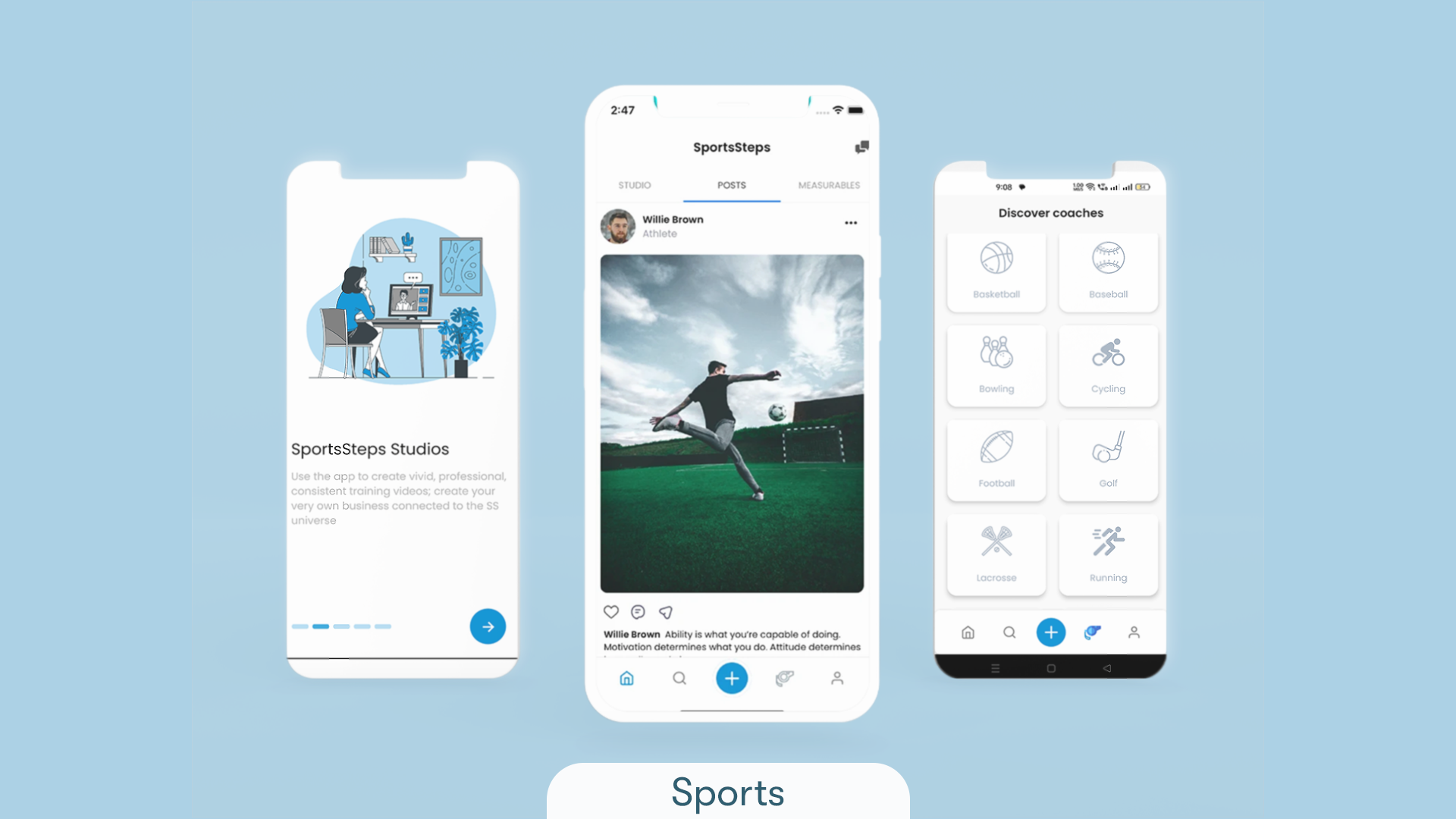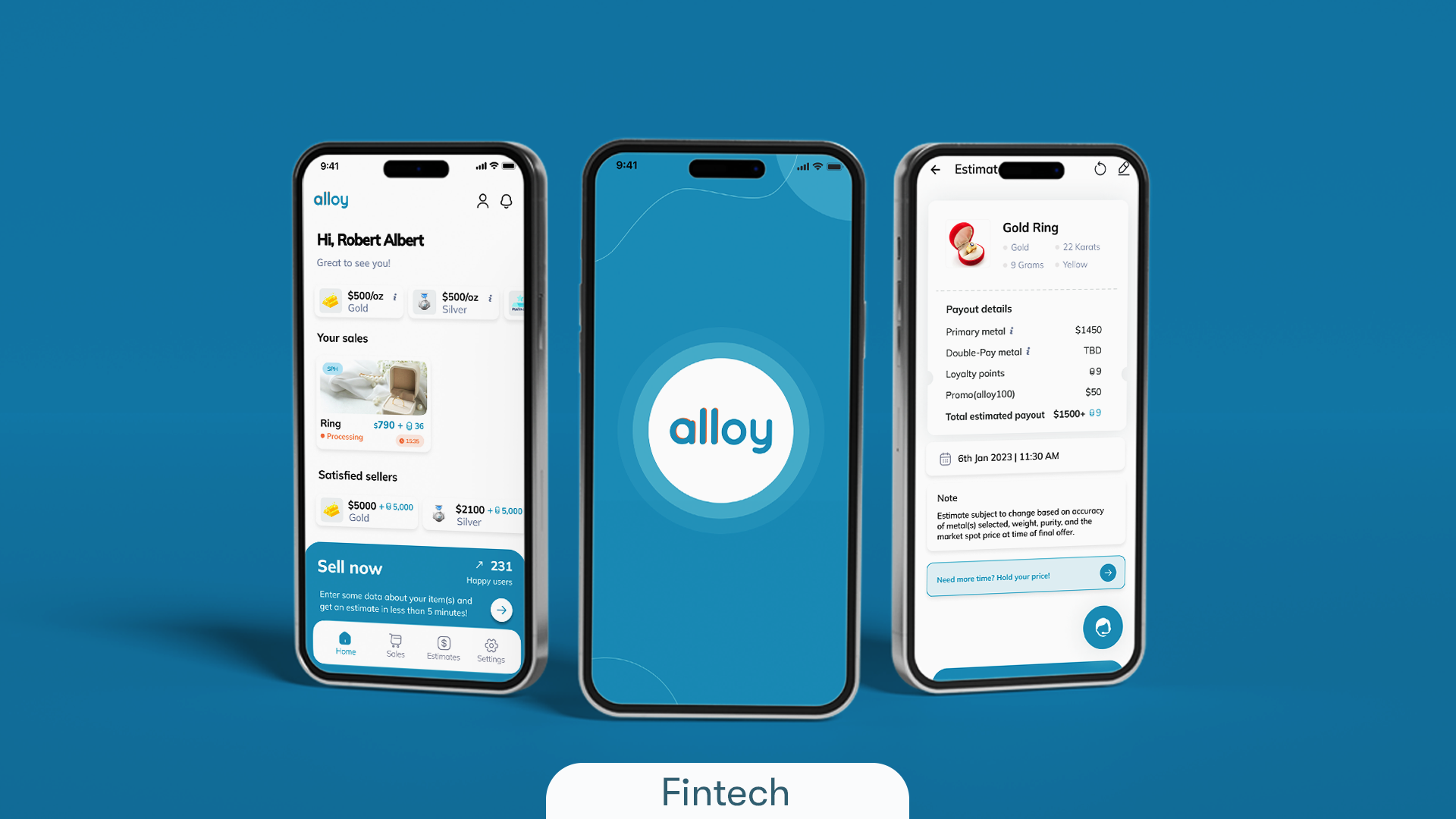May 30th, 2024 at 09:00 am
Developing Voice Assistants in Mobile Apps:
Integrating voice assistants into mobile apps necessitates a well-rounded approach encompassing design, technology, and user experience. Here’s a comprehensive guide on how to successfully develop a voice assistant within your mobile app:
- Define Clear Objectives: Begin by identifying the purpose and tasks your voice assistant will perform. Whether it’s answering queries, suggesting recommendations, or executing commands, clarity in objectives is paramount.
- Select the Right Voice Recognition Technology: Choose a reliable voice recognition technology that aligns with your app’s specific requirements. Google’s Speech-to-Text API and Apple’s SiriKit for iOS are widely recognized options.
- Craft an Intuitive User Interface: Develop a user-friendly interface that intuitively guides users on how to activate and engage with the voice assistant. Visual cues or a simple “wake word” can prompt users to initiate voice interactions.
- Implement Natural Language Processing (NLP): Incorporate Natural Language Processing (NLP) technology to enable the voice assistant to seamlessly understand and process natural language. This involves translating spoken words into text and analyzing context for accurate responses.
- Integrate Backend APIs: Ensure seamless integration between the app’s voice assistant and backend APIs to retrieve pertinent data or execute specific tasks, guaranteeing swift and precise outcomes.
- Iterate and Refine: Rigorously test the voice assistant’s accuracy, responsiveness, and user-friendliness. Gather feedback from real users and refine the functionality based on their insights.
Current Usage Trends of Voice Assistance:
The adoption of voice assistance functionality continues to gain momentum, reshaping user interaction paradigms within mobile apps. Insights from recent research underscore the significance of these trends:
- Voice Searches on the Rise: Research by Comscore projects that by 2024, an estimated half of all online searches will be conducted through voice commands, underlining the growing preference for this intuitive interaction method.
- In-App Voice Commands: Users are increasingly utilizing voice commands to navigate within apps. Noteworthy apps such as Google Maps and Spotify offer voice-based navigation and music control functionalities.
- Enhanced Accessibility: Voice assistants are fostering app accessibility for individuals with disabilities. Voice commands provide an inclusive interaction alternative for those with mobility constraints or visual impairments.
- Personalization and Effortless Tasks: Users appreciate the convenience of voice-based interactions for tasks such as setting reminders, sending messages, and initiating calls without the need for manual input.
According to Voicebot.ai, approximately 26.2% of adults in the US use voice assistants on their smartphones at least once a month. This statistic signifies the growing acceptance of voice assistants as a valuable feature within mobile apps.
Benefits of Voice Assistants:
- Elevated User Experience: Voice assistants provide a hands-free and intuitive interaction mode that enhances user experiences and reduces reliance on manual inputs.
- Time Efficiency: Voice commands outpace traditional typing, enabling users to swiftly execute tasks like information searches, message composition, and route navigation.
- Accessibility Enhancement: Voice assistants enhance app accessibility for users with disabilities, ensuring equitable access to app functionalities.
- Seamless Multitasking: Users can engage with apps while simultaneously performing other activities such as driving, cooking, or exercising.
- Innovation and Competitive Edge: Integrating voice assistants position your app as innovative and user-centric in a competitive landscape, attracting a wider user base.
Voice assistants are reshaping the user experience within mobile apps by offering unparalleled convenience, accessibility, and engagement. Nordstone’s proficient team of mobile app developers in London is at the forefront of harnessing voice assistance technology to craft apps that cater to evolving user preferences. By following the recommended steps and capitalizing on current usage trends, businesses can leverage voice assistants to provide meaningful solutions that resonate with user needs.
Explore the possibilities of voice assistants with Nordstone’s seasoned mobile app developers. Schedule a free strategic session with our co-founder, Mr Ronak Shah, to discuss your app development aspirations and embrace the transformative potential of voice assistance technology.











